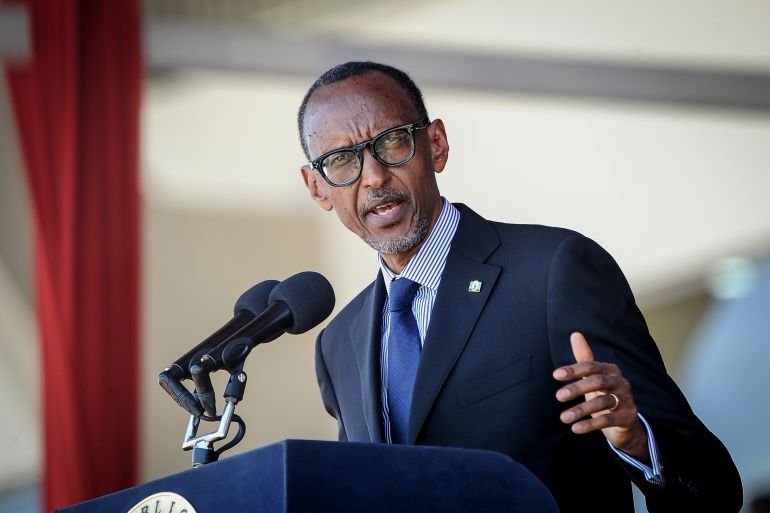In a recent development, Burundi has taken the decisive step of closing its borders with Rwanda, pointing accusatory fingers at its neighbour for allegedly financing rebel assaults.
Last December, the notorious Red Tabara, a Burundian rebel faction, orchestrated a deadly attack, resulting in the loss of 20 lives near the border shared with the Democratic Republic of Congo (DRC).
Rwandan President Paul Kagame vehemently denies the allegations, countering the claims made by Burundi’s government, which has labelled him a “bad neighbour.”
“We have stopped ties with him until he changes” declared Burundi’s Interior Minister, Martin Niteretse.

The accusation, initially voiced by Burundian President Évariste Ndayishimiye in December, prompted a swift response from the Rwandan government. According to AFP, Rwanda expressed regret over Burundi’s unilateral border closure, deeming it an unfortunate decision that violates the principles of regional cooperation and the East Africa Community’s integration.
Despite Red Tabara confessing to the December assault, the group asserts that they targeted only nine soldiers and one police officer. Operating from the South Kivu province in DR Congo, which shares a border with Burundi, the group’s actions raise questions about the inclusivity of the border closure, encompassing both land and air passages.
The specifics regarding the closure’s extent, whether it includes both land and air crossings, remain unclear at this moment.
This incident marks another chapter in the uneasy history between the two nations. In 2015, Burundi closed its borders with Rwanda due to political tensions, followed by a closure during the COVID-19 pandemic. After seven years, the borders were eventually reopened, permitting only land crossings during that period. Notably, RwandAir, the airline carrier, continued its commercial flights to Burundi uninterrupted.
Despite sharing a language, ethnic composition, and colonial history, relations between both countries have remained delicate.


